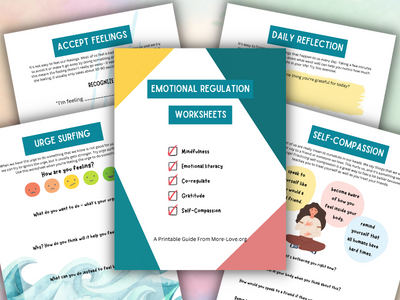
Our children are suffering from a lack of attention.
We often think we are paying attention to them, and giving them our time, but the fact is that many times we are all on our individual devices. When we are sitting around on separate devices, we are not connected. We are not paying attention.
We parents need to take a deep breath and realize that smartphones, laptops and other electronics have been a wonderful addition to our lives, but, just like many things that bring us joy, they require boundaries.
For example, TV is a great way to zone out sometimes, but we know that it’s not healthy to be watching TV all the time. Cake is great for celebrations, but most of us don’t end every meal with a slice. Alcohol can be nice occasionally, but most of us keep boundaries when it comes to consumption.
Electronic devices also require boundaries. It’s become really, really hard to do this. All of us love our little rectangles of feedback, where we can instantly connect with friends and family members, and even strangers, using text, email and social media.
Emotional Regulation Worksheets
Give these printable worksheets to grow more confident, calm and resilient and feel better, fast!
- Self-Esteem
- Self-Regulation
- Mindfulness
- Calming strategies
We all love hearing the “ping” of our little machine when we get something new. We all love that we can instantly look up information and buy things right in the palm of our hands. And, if we work, we also love how convenient it is to respond to emails from our couch after hours.
But all of these little moments of pleasure take away from the people who are in our house with us. The people who are sitting right across from us, probably on their own phones, who also think they are getting the human connection that they need on their devices.
We do not gain true connection via electronic devices, text messages, emails and social media posts.
No matter how much you love talking to people online, it is simply not the same as connecting face-to-face.
And, no matter what your kids tell you, they desperately need you to connect with them face-to-face. I wish I could say that we can accomplish this goal in the 5 minute segments during which we occasionally put down our phones and converse with each other until the next “ping” comes in. But, sadly, it does not work that way.
This is so hard, but we simply must create hours at a time during which we don’t even touch our devices. Seriously, we have to put them in airplane mode and some of even need to put them in a separate room with the door closed.
Emotional Regulation Worksheets
Give these printable worksheets to grow more confident, calm and resilient and feel better, fast!
- Self-Esteem
- Self-Regulation
- Mindfulness
- Calming strategies
Every household needs “device-free” time
What we do during our “no device time” (which should happen every day) doesn’t matter as much as the fact that we do it. It’s amazing what happens when we don’t get the instant gratification of an electronic device. Suddenly the people you live with a look a lot more interesting, and you will be more likely to speak with them.
Give it a shot. Your kids will absolutely not thank you, and you will probably get twitchy during “no device time,” but it will pay dividends in your family’s level of connection, love, and support.
And that is a very, very good thing for all families – especially those who are dealing with eating disorders and other mental health challenges.

Ginny Jones is the founder of More-Love.org, and a Parent Coach who helps parents who have kids with disordered eating and eating disorders. Combining science, compassion, and experience coaching hundreds of families, she helps parents understand what’s going on with their kids’ eating behaviors and teaches them the science-backed skills to heal kids’ relationship with food, improve their body image, and feel better about themselves, their relationships, and life in general.
Ginny has been researching and writing about eating disorders since 2016. She incorporates the principles of neurobiology and attachment parenting with a non-diet, Health At Every Size® approach to health and recovery.

